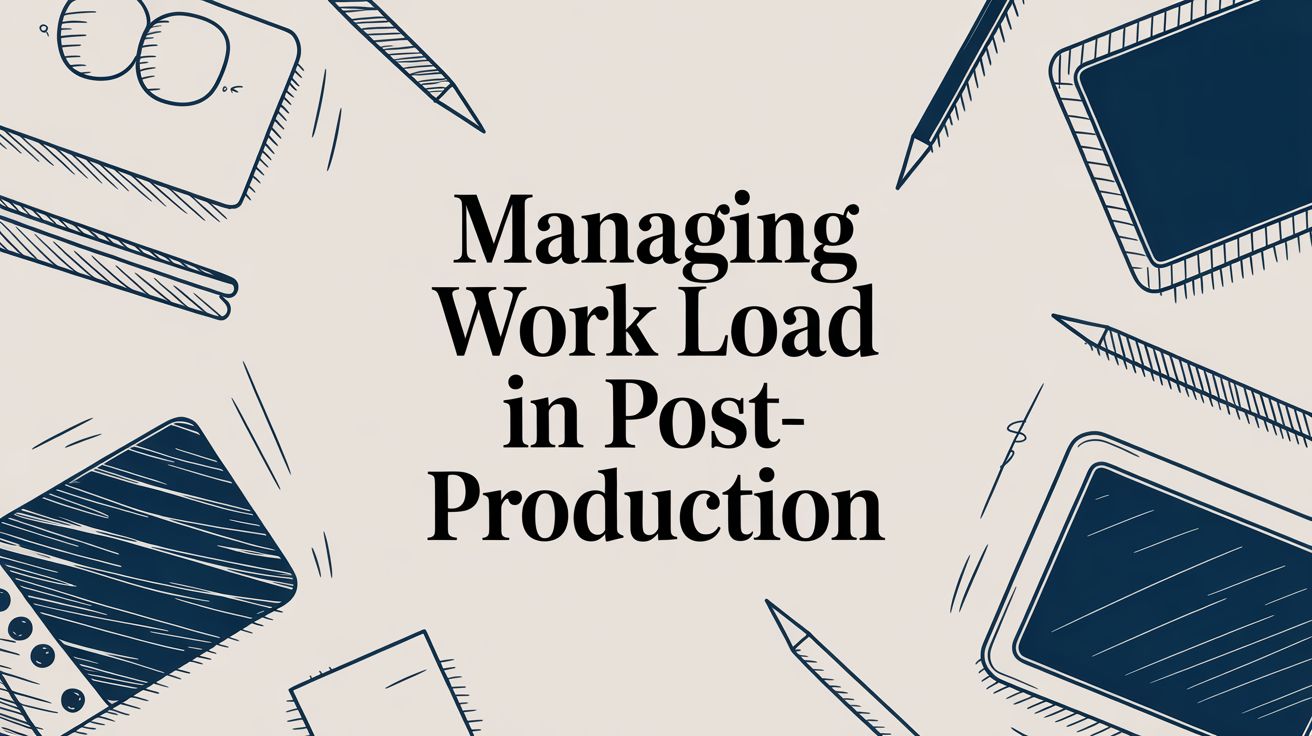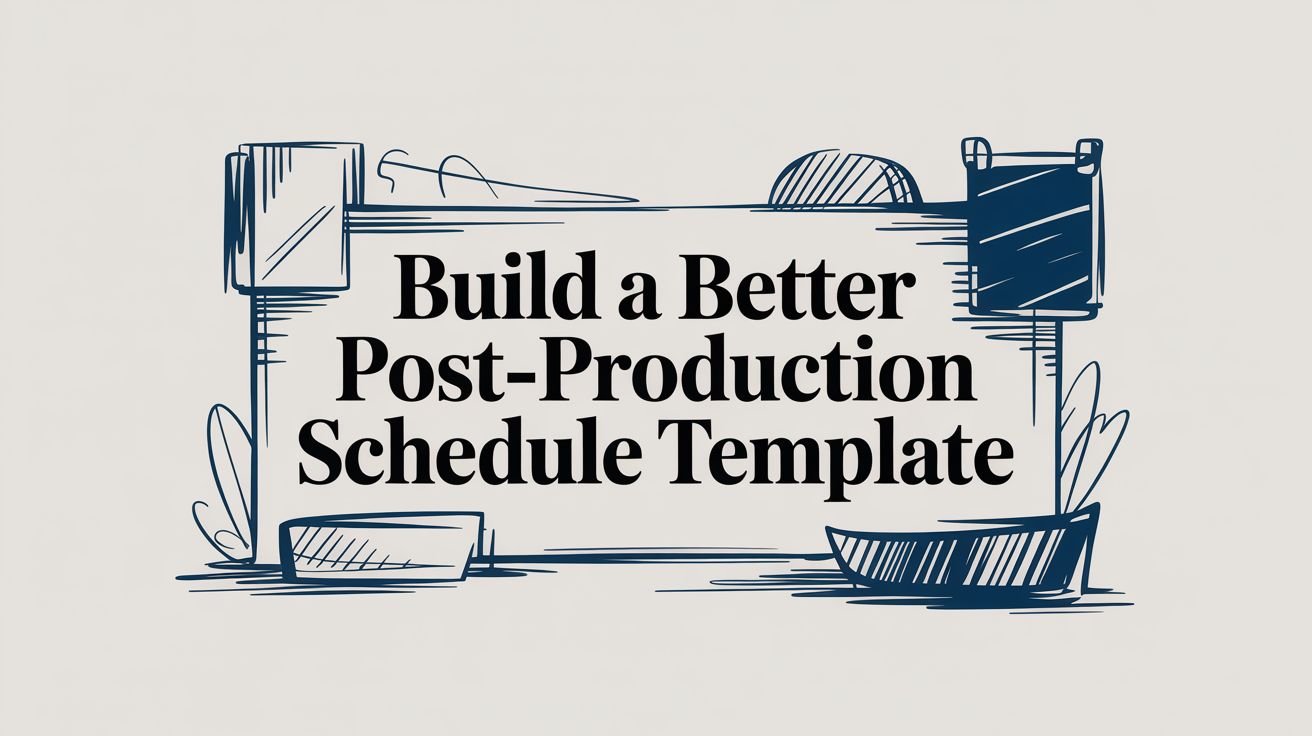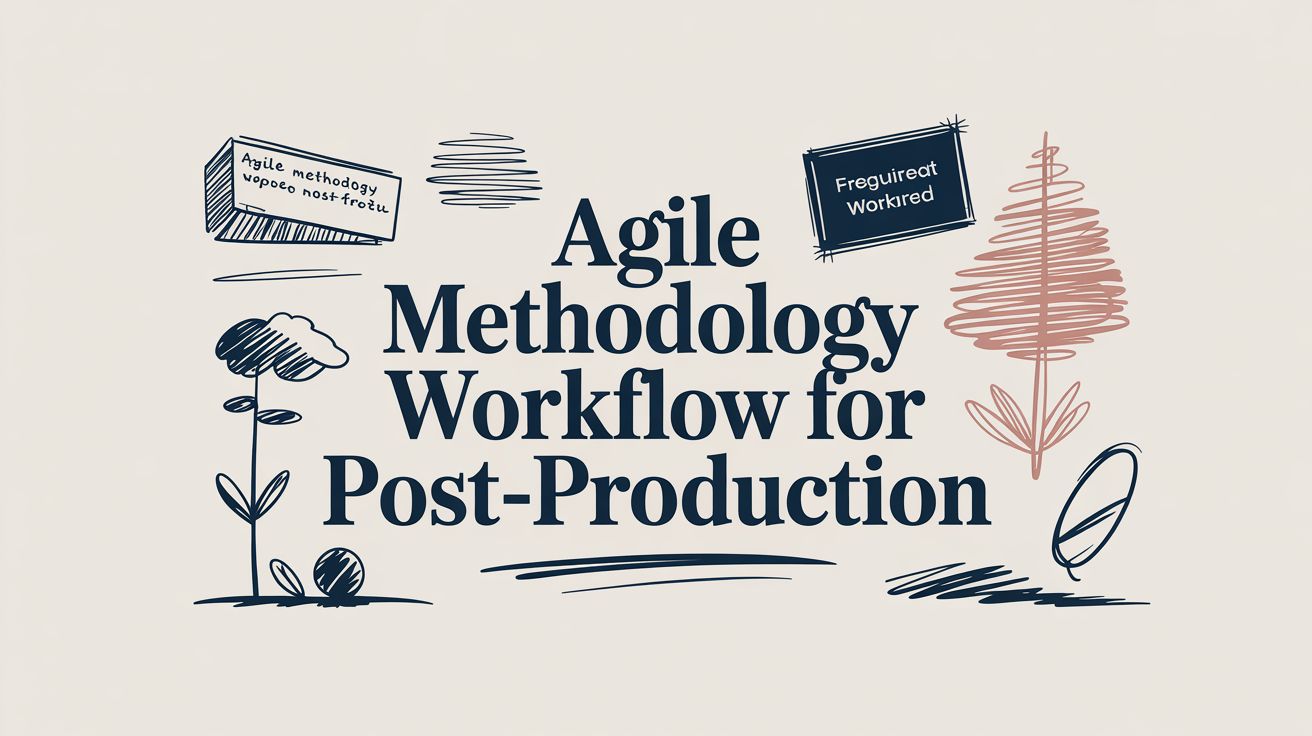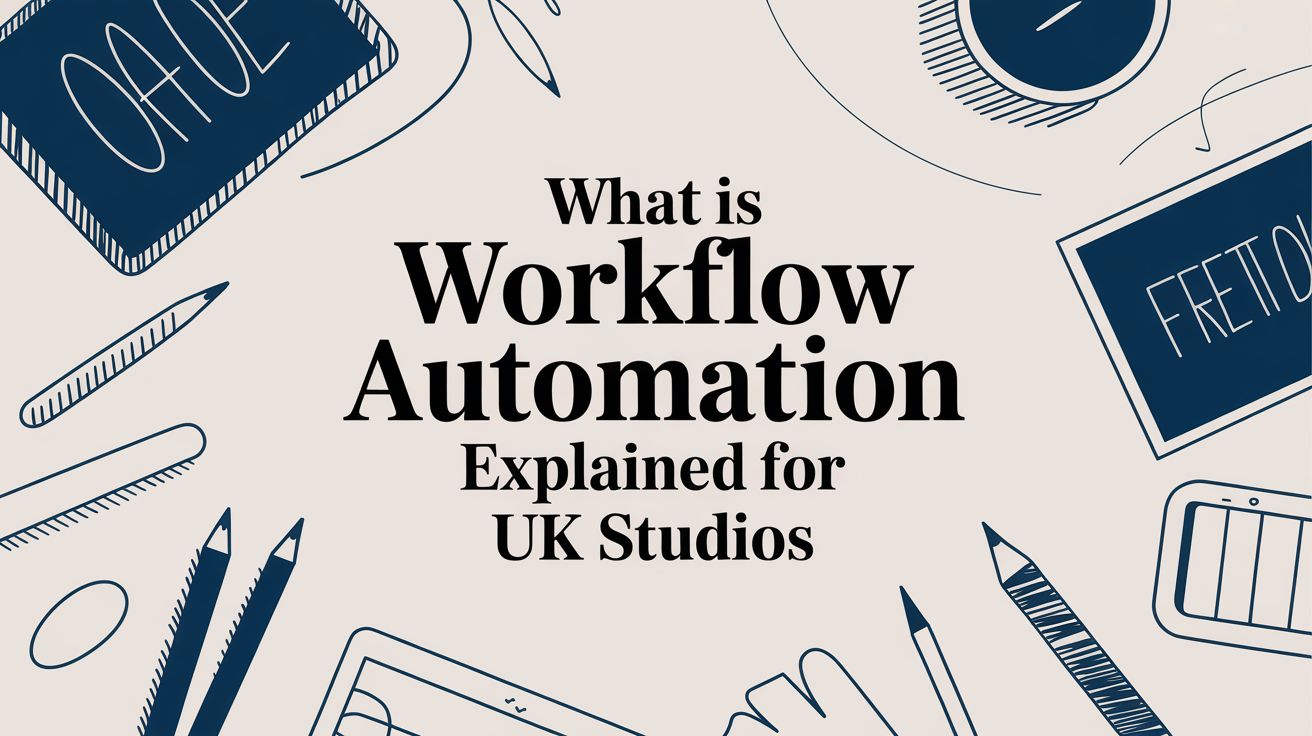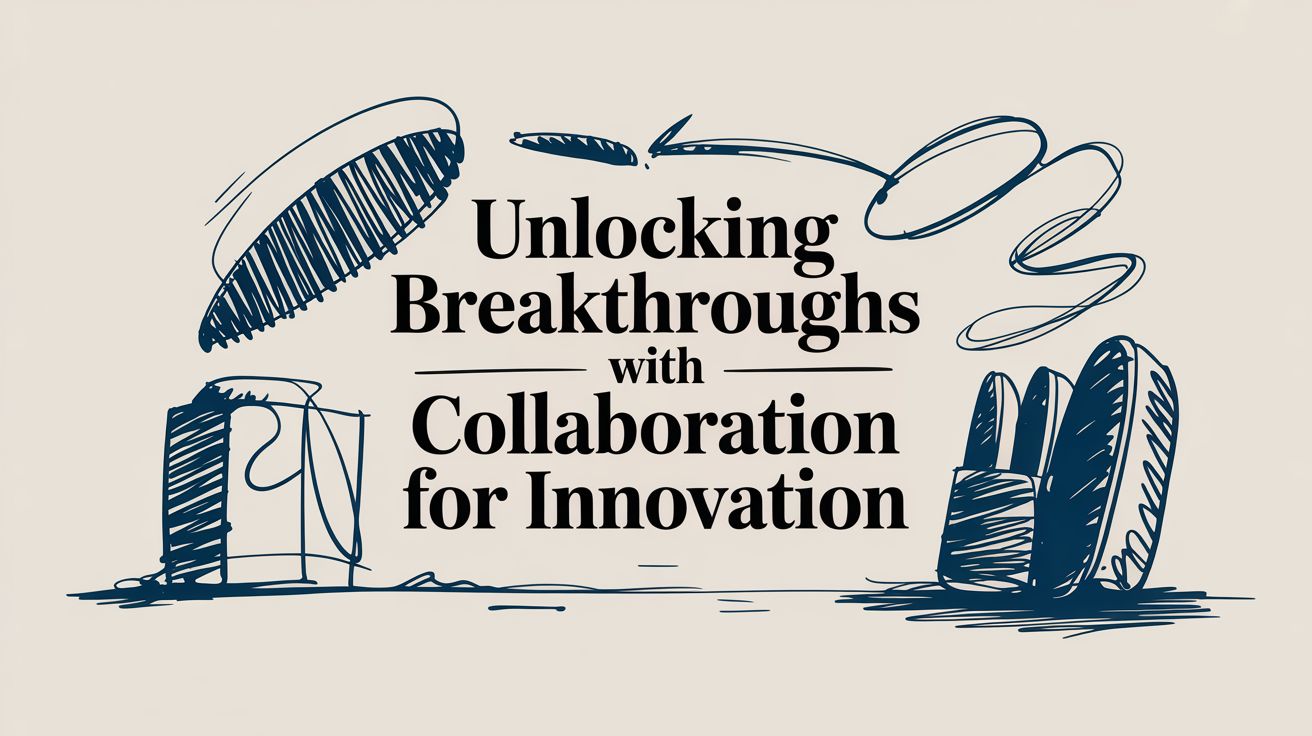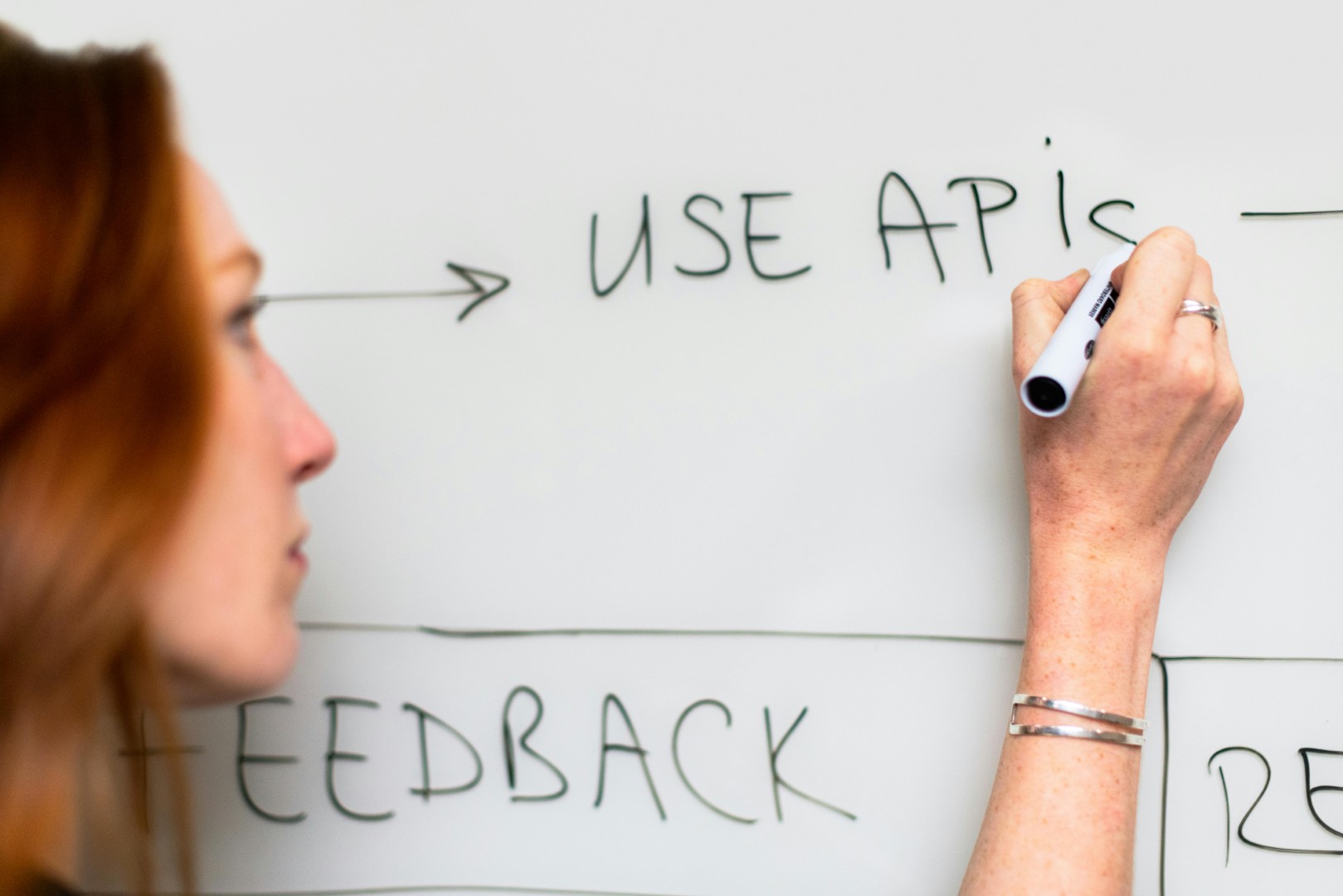AI to the Rescue: Smarter Post-Production Workflows
The media and entertainment industry is undergoing a profound transformation driven by artificial intelligence (AI). From content creation to distribution, AI technologies are reshaping workflows to be faster, more efficient, and more adaptive. Among these, AI postproduction workflows have emerged as a game-changer, enabling studios and production houses to streamline complex processes such as editing, visual effects, sound design, and colour grading.
However, the promise of AI in post-production can only be fully realized when it is supported by a smart, AI-enabled scheduling tool. Without accurate, real-time scheduling data and intelligent resource management, AI systems lack the foundational information necessary to optimize workflows effectively. This article explores why postproduction scheduling is critical for AI workflows, what makes a scheduling solution truly AI-capable, and how platforms like freispace provide the essential infrastructure to power next-generation postproduction pipelines.
The Growing Complexity of Post-Production Workflows
Post-production is inherently complex, involving multiple teams, specialized tasks, and tight deadlines. Traditionally, managing these workflows has required meticulous manual scheduling, often relying on spreadsheets, emails, and disconnected tools. As projects grow in scale and complexity—especially with the rise of high-resolution formats, VFX-heavy sequences, and distributed teams—the limitations of manual scheduling become glaringly apparent:
- Lack of real-time updates: Changes in one department can ripple through the entire schedule, but manual methods often fail to communicate these shifts promptly.
- Resource conflicts: Without clear visibility, equipment and personnel may be double-booked or underutilized.
- Inefficient handoffs: Delays in one task can cascade, causing bottlenecks downstream.
- Limited data for decision-making: Without structured data, it’s difficult to analyze workflow efficiency or predict potential issues.
These challenges create a fertile ground for AI-driven solutions, but only if the underlying scheduling data is accurate, comprehensive, and accessible.
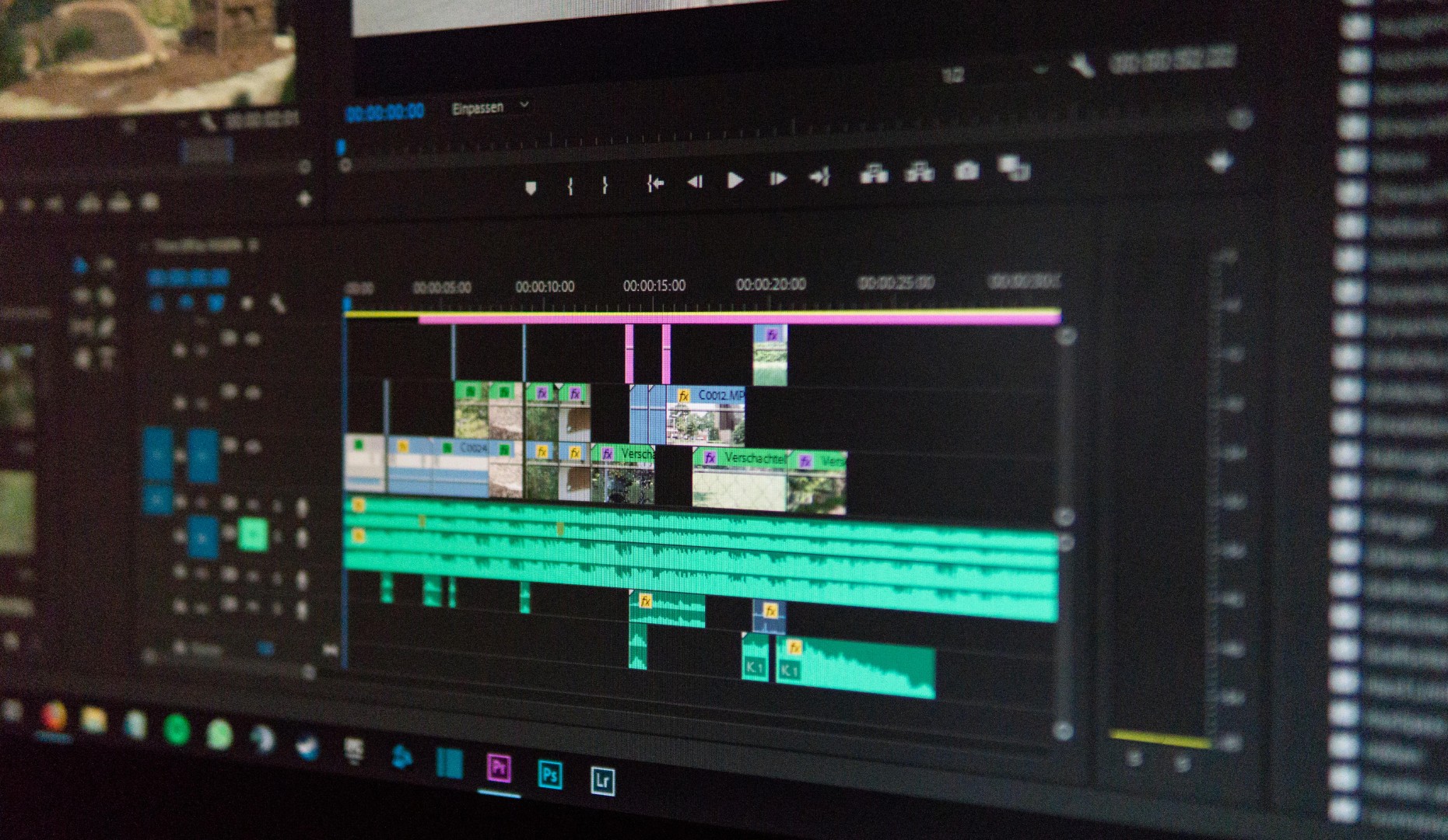
Why AI Postproduction Workflows Depend on Smart Scheduling
AI technologies in post-production can automate and enhance many tasks:
- AI-generated transcripts and translations
- Automated pre-editing and scene detection
- Intelligent colour correction and grading
- AI-assisted visual effects generation
- Sound mixing and noise reduction using machine learning
- Automated subtitling
- Predictive analytics for project timelines
Yet, all these AI capabilities rely heavily on contextual and temporal data — when tasks are scheduled, who is assigned, what resources are available, and how tasks interrelate. Without this base data, AI tools operate in a vacuum, limiting their effectiveness and sometimes producing suboptimal or conflicting outputs.
For example, an AI tool designed to optimize rendering schedules needs to know exact task dependencies and resource availability in real time. Similarly, AI-driven project management systems require up-to-date scheduling data to forecast delays or adjust priorities dynamically.
This is why postproduction scheduling and AI scheduling are inseparable components of a truly smart workflow. Accurate scheduling data acts as the "nervous system" that feeds AI algorithms with the information they need to make intelligent decisions.
Essential Features of an AI-Enabled Scheduling Solution
To support advanced AI postproduction workflows, a scheduling solution must be designed with AI integration at its core. Here are the critical requirements:
1. Structured, Machine-Readable Data
AI systems require data in formats they can easily parse and analyze. This means scheduling information must be:
- Highly structured: Tasks, timelines, dependencies, and resources should be encoded in standardized formats.
- Consistent: Data must be updated and maintained to avoid discrepancies.
- Rich in metadata: Including task priorities, skill requirements, and equipment specifics.
Without structured data, AI algorithms struggle to interpret schedules accurately, leading to errors or missed optimization opportunities.
2. Robust API for Seamless Integration
An AI-enabled scheduling tool must provide a comprehensive API (Application Programming Interface) that allows:
- Real-time data exchange between the scheduling platform and AI engines, editing suites, asset management systems, and other production tools.
- Automation of workflow triggers, such as starting rendering jobs when previous tasks complete.
- Custom integrations tailored to unique production environments.
APIs ensure that scheduling data is not siloed but flows freely across the entire postproduction ecosystem.
3. Centralised Management Platform (MCP Server)
A centralised management platform (MCP server) consolidates scheduling data from multiple teams, departments, and tools into a single source of truth. This centralisation enables:
- Real-time updates and synchronization across all users and systems.
- Conflict detection and resolution before issues arise.
- Scalability to support large projects with complex dependencies.
- Permission-based access depending on user access levels
Without an MCP server, scheduling data becomes fragmented, undermining AI’s ability to provide coherent recommendations.
4. Automated Updates and Notifications
AI workflows thrive on agility. Scheduling tools must support:
- Instant updates when tasks are completed, delayed, or rescheduled.
- Automated notifications to relevant stakeholders.
- Dynamic rescheduling capabilities that allow AI to adjust plans proactively.
This responsiveness ensures AI systems can adapt workflows on the fly, minimizing downtime and maximizing throughput.
5. Advanced Analytics and Reporting
To enable predictive scheduling and continuous improvement, AI tools need access to:
- Historical data on task durations, resource usage, and bottlenecks.
- Performance metrics that highlight inefficiencies.
- Scenario simulations to test the impact of schedule changes.
A scheduling solution with built-in analytics empowers AI to learn from past projects and optimize future workflows intelligently.
How freispace Meets the Demands of AI Postproduction Workflows

freispace is a leading platform designed specifically to address the challenges of modern postproduction scheduling with AI in mind. It offers a comprehensive suite of features that align perfectly with the requirements outlined above:
- Centralised MCP Server: freispace consolidates scheduling data from all teams into a unified platform, ensuring consistency and real-time accuracy.
- Powerful API: Its open, well-documented API enables seamless integration with AI engines, editing software, asset management systems, and more.
- Structured Data Model: freispace uses standardized, machine-readable formats that allow AI algorithms to interpret schedules, dependencies, and resource constraints without ambiguity.
- Dynamic Scheduling: The platform supports automated updates, notifications, and real-time adjustments, enabling AI to respond proactively to changes.
- Analytics and Insights: Built-in reporting tools provide actionable insights that help AI optimize workflows and predict potential delays.
By providing this robust infrastructure, freispace empowers studios to implement truly smart AI post-production workflows that deliver faster turnaround times and higher-quality outputs.
Real-World Impact: AI Scheduling in Action
Consider a large-scale feature film postproduction involving multiple VFX houses, sound studios, and editorial teams spread across different time zones. Without a smart scheduling tool, coordinating these efforts is a logistical nightmare prone to errors and delays.
With an AI-enabled scheduling platform like freispace:
- The MCP server centralizes all task schedules and resource allocations.
- AI algorithms analyze dependencies and optimize task sequences to minimize idle time.
- Real-time updates flow through the system, allowing AI to dynamically reschedule tasks when delays occur.
- Automated notifications keep all teams informed, reducing miscommunication.
- Analytics identify recurring bottlenecks, enabling continuous process improvements.
The result is a more agile, transparent, and efficient postproduction pipeline that leverages AI’s full potential.
Benefits of Using freispace in AI Postproduction Workflows
Enhanced Efficiency
Automated scheduling reduces manual errors and accelerates project timelines, allowing creative teams to focus on their craft.Improved Collaboration
Transparent, up-to-date schedules accessible to all stakeholders foster better communication and alignment.Proactive Problem Solving
AI-powered alerts and recommendations help avoid delays and resource clashes before they impact the project.Scalability
freispace supports complex projects with multiple teams, shifting priorities, and evolving requirements.Seamless Integration
Its API and structured data approach enable smooth connectivity with AI tools and production software, future-proofing workflows.Data-Driven Decision Making
Advanced analytics provide insights that empower teams to optimize resources and timelines continuously.
The Future of Post-Production is AI-Enabled Scheduling
As AI continues to advance, its role in post-production will only grow more central. However, the foundation of any successful AI postproduction workflow is accurate, real-time scheduling data delivered by a smart, AI-enabled scheduling platform.
Without this foundation, AI tools cannot deliver on their promise of automation, optimization, and efficiency. Platforms like freispace provide the critical infrastructure—structured data, APIs, centralised management, and analytics—that enable AI to thrive in complex postproduction environments.
If you are looking to future-proof your postproduction pipeline and unlock the full benefits of AI, integrating a robust AI scheduling solution like freispace is the essential first step.




